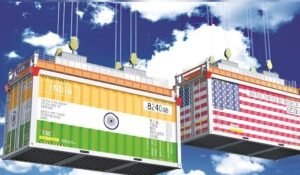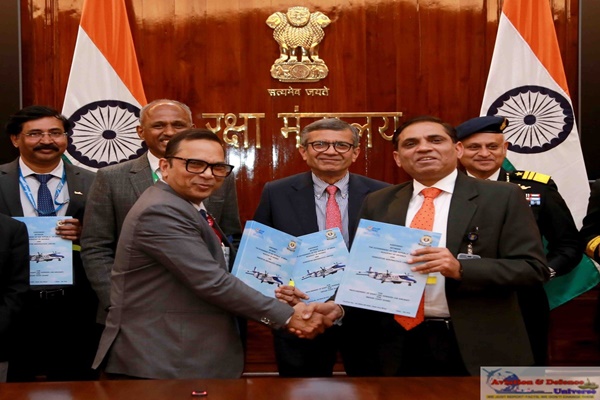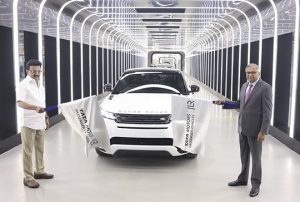
Last Updated on October 21, 2025 7:15 pm by BIZNAMA NEWS
By R. Suryamurthy
China has lodged a formal complaint against India at the World Trade Organization (WTO), alleging that New Delhi’s flagship subsidy programmes for electric vehicles, auto components and advanced batteries discriminate against imported goods in violation of global trade rules.
The request for consultations, circulated among WTO members on October 20, marks the first such action by Beijing targeting India’s clean-technology incentives and underscores growing economic friction between the two Asian powers.
China said India’s Production Linked Incentive (PLI) schemes — for advanced chemistry cell (ACC) batteries, automobiles and components, and electric passenger cars — link subsidy payments to domestic content requirements, favouring local inputs over imports. Beijing argued that this violates provisions under the Agreement on Subsidies and Countervailing Measures (SCM), the Agreement on Trade-Related Investment Measures (TRIMs) and the General Agreement on Tariffs and Trade (GATT) 1994.
According to the Chinese submission, the three schemes, worth over ₹50,000 crore in combined outlay, “constitute subsidies contingent upon the use of domestic over imported goods.” China also said India’s March 2024 EV car scheme, which grants lower import duties only to firms committing to local investment and sourcing, breaches the WTO’s most-favoured-nation (MFN) principle by offering selective advantages.
The measures under dispute are central to India’s industrial strategy to build a domestic manufacturing base in emerging sectors such as electric mobility and energy storage — areas in which China currently holds global dominance. The PLI ACC scheme, launched in 2021 with ₹18,100 crore in incentives, requires firms to achieve at least 25% domestic value addition within two years and 60% within five. The PLI Auto scheme, with ₹25,938 crore in budgetary support, mandates 50% local value addition. The EV Passenger Car scheme offers a reduced 15% import duty only for automakers investing ₹4,150 crore in India and meeting 50% local content in five years.
Under WTO rules, the request for consultations opens a 60-day window for India and China to negotiate a settlement. If talks fail, Beijing can seek a formal dispute settlement panel — a process that could take years but carries symbolic and diplomatic weight.
India is expected to argue that its policies are designed to promote clean-energy manufacturing and climate resilience rather than distort trade. Officials are also likely to cite precedents from other major economies, such as the United States and the European Union, which have introduced similar domestic-content-linked green subsidies.
The case comes amid renewed scrutiny of India’s protectionist tilt. The NITI Aayog’s latest Trade Watch report last week cautioned that high input tariffs and import substitution policies were eroding competitiveness, warning that “ignoring Asia’s largest economy [China] is self-defeating.”
Trade experts said the WTO challenge reflects both legal and strategic competition. “This is about who will define the rules of the green industrial era,” said a Geneva-based analyst. “India’s self-reliance drive now faces its first real multilateral test.”
The dispute also revives questions about the WTO’s ability to handle 21st-century industrial policies. With its appellate body paralysed since 2019, enforcement remains uncertain, but the India–China clash is expected to become a defining case in the evolving debate over green subsidies and trade nationalism.
If unresolved, it could become one of the most consequential South-South disputes in years — a confrontation not merely over trade law, but over industrial power in the era of electrification.







